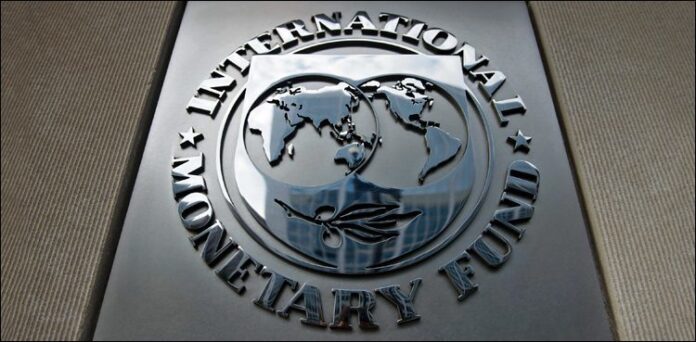—Fund’s delegation to discuss energy prices, privatisation of state-owned enterprises
ISLAMABAD: The International Monetary Fund (IMF) is concerned over revenue shortfalls against set targets, losses in the energy sector, delayed privatisation and Pakistan’s performance at the Financial Action Task Force (FATF), it emerged on Sunday.
Insiders say that the international lender’s Save Our Soul (SOS) mission arriving in Islamabad on Monday will share its concerns regarding the revenue generation during the ongoing financial year that is expected to remain between Rs4.8 trillion to Rs5.2 trillion, which is short of the target of Rs5.5 trillion that was set after consultations with the IMF.
The visiting mission, headed by IMF Middle East and Central Asia Department Director Jihad Azour, may ask the finance ministry officials about the basis of the estimates of revenue generation. The mission is also likely to discuss fiscal issues, with a particular emphasis on restricting primary deficit targets within the desired limits.
Sources at the ministry of finance also claim that the failure of Pakistan to make progress on the action plan of FATF before the meeting of Asia-Pacific Joint Group (APG) held recently is also a source of concern for the IMF. Officials at the ministry had reportedly assured the Fund that the points related to the action plan would be handled before the APG.
However, the issue would now be discussed again in FATF’s Plenary and Working Group meetings scheduled between October 13-18 in Paris, France. The visiting mission of IMF may also ask officials here about the progress made so far regarding FATF.
Moreover, sources claim that the IMF is also concerned about the government’s reluctance to increase energy prices for the second quarter of the current fiscal year as committed with the IMF.
Sources at the finance ministry said that the government will try to rationalise that the increase in energy prices may not be required in the backdrop of falling fuel prices. But the IMF is unlikely to be convinced by the justification as losses in the energy sector are high and the commitment of adjusting prices was made against the losses.
They further say that the Fund is also concerned about the nonfulfillment of commitment regarding privatisation of loss making entities. The government had reportedly committed to roll out a programme of privatising major loss making government entities by August 2019.
The government’s recent move of increasing the list of privatising more public sector entities has also not convinced the IMF since it does not include major state-owned enterprises including the Pakistan International Airlines (PIA) and the Pakistan Steel Mill (PSM).
However, the Ministry of Finance, in a statement, has refuted the claims that the IMF was sending the SOS mission to Pakistan owing to the fiscal outcomes of FY2018-19, and that the programme might be renegotiated.
During a press conference on Sunday, Adviser to Prime Minister on Finance Dr Hafeez Shaikh downplayed IMF’s concern saying that it was a routine visit of IMF mission to Pakistan. He also said that all institutions concerned were on board and coordinating to deal with the challenges at the FATF.
He also shared the government’s plan to privatise the loss making institutions and other organisations including the National Bank of Pakistan (NBP) and the State Life Insurance Corporation of Pakistan.




